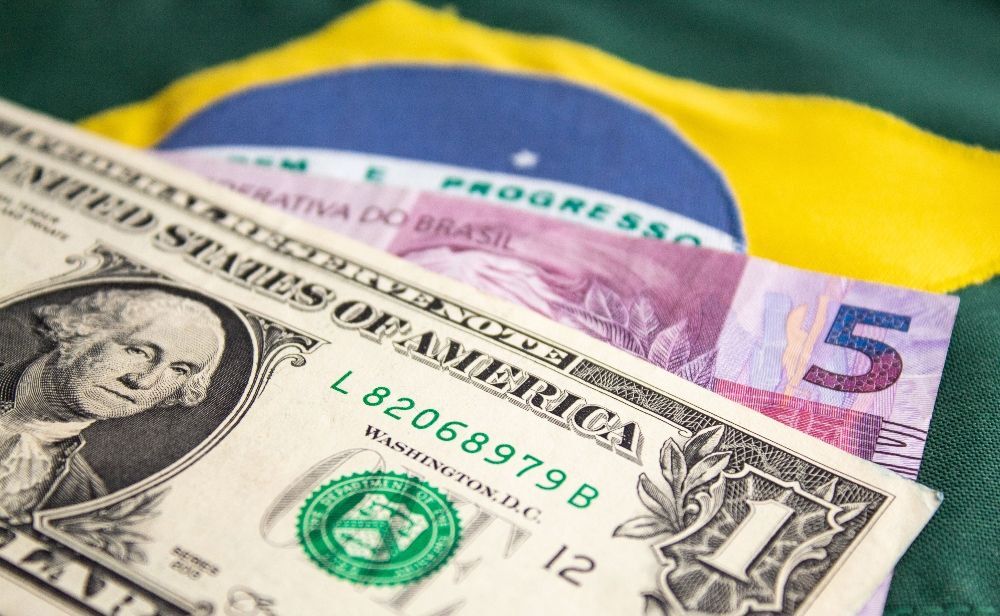Brazil, which holds the BRICS presidency this year, is steering the bloc toward a shift in global trade strategies.
While speculation about a BRICS common currency has fueled debates, Brazilian officials have confirmed that such a move is off the table for 2025.
Instead, the focus is on reducing reliance on the US dollar in international transactions—a shift that has drawn sharp warnings from Washington, particularly from President Donald Trump.
Trump warns BRICS over dollar dominance
The idea of a shared BRICS currency has raised concerns in the US, with Trump openly criticizing any attempt to challenge the dollar’s role in global trade.
In a recent social media post, he warned BRICS nations “not to come after the dollar,” vowing that any country seeking to undermine it would face economic consequences, including tariffs and strained diplomatic ties.
Despite this, BRICS members, including Brazil, Russia, India, China, and South Africa, are not aiming for a sudden shift but rather a gradual move toward trading in local currencies.
This strategy aligns with their long-term goal of reducing dependency on Western financial systems without directly confronting the dollar’s dominance.
A shift in focus: more local currencies, no common currency
At least four senior Brazilian government officials, speaking anonymously to news agency Reuters, clarified that the BRICS bloc is prioritizing financial reforms that allow cross-border transactions in local currencies rather than creating a new unified currency.
“This is not about replacing the dollar,” one source stated. “The goal is to make trade more efficient and reduce unnecessary friction.”
The shift comes amid discussions on integrating blockchain technology to streamline payments and lower transaction costs within BRICS economies.
While a shared currency remains a distant possibility, innovations in financial infrastructure are moving forward.
Brazilian President Luiz Inácio Lula da Silva has repeatedly emphasized that BRICS nations have the right to explore new trading mechanisms that do not rely solely on the US dollar.
However, he has downplayed the idea of an imminent common currency, preferring instead to focus on practical financial innovations.
“We have a right to talk about ways of trading that don’t leave us full of dollars,” Lula recently stated, signaling a pragmatic approach to economic diversification.
Under Brazil’s BRICS presidency, the country’s Finance Ministry and central bank recently convened to discuss cross-border payment solutions aimed at modernizing financial transactions within the bloc.
These initiatives seek to align with international standards, including those set by the Bank for International Settlements (BIS).
While BRICS is not launching a common currency anytime soon, its members are actively exploring ways to enhance trade flexibility.
Want easy-to-follow crypto, forex & stock trading signals? Make trading simple by copying our team of pro-traders. Consistent results. Sign-up today at Invezz Signals™.
















